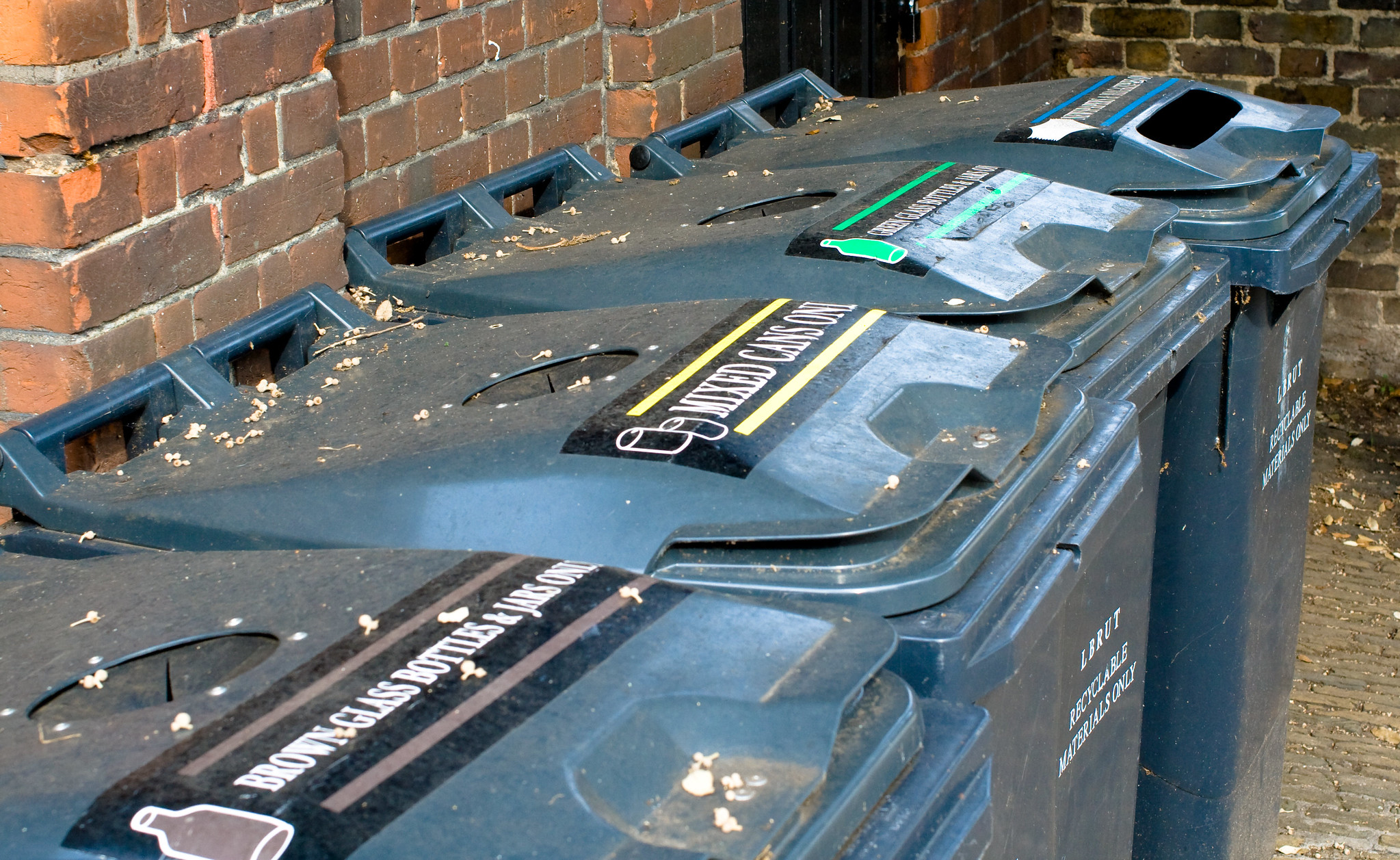Deputy Minister of Climate and Environment Jacek Ozdoba has emphasized that the legal changes have made it possible to combat illegal waste dumping in Poland. In his opinion one of the key elements that contributed to the success was the introduction of an IT system for monitoring the transport of sensitive goods.
„We have introduced the SENT system – the same one that helped fight the gray market when it comes to fuel. Statistics show that the detection of environmental crimes is much better today, which is why the SENT system will be expanded. We introduced the most extensive amendments to the Criminal Code, which was supported by all opposition clubs. The import of hazardous waste into Poland is is no longer punishable with a fine or a suspended prison sentence, but with a prison sentence of up to 12 years. Criminals pay up to 10 million for irregularities in waste management,” says Jacek Ozdoba, Deputy Minister of Climate and Environment.
In 2008-2015, 5.75 million tons of waste was imported to Poland from abroad. After the changes, only raw materials that can be recovered, such as zinc or lead, can be imported. In the years 2016-2022, import permits were issued in the field of metal recovery, which also serve entrepreneurs. Thus, only 2.5 million tons of raw materials were imported for recovery.
„In the case of Poland, there is a ban on the import of municipal waste. The import applies only to raw materials – on the basis of permits from GIOŚ. Poland is not a dumpster of Europe as some opposition politicians try to argue. This is confirmed by Eurostat data showing waste imports on individual EU countries. At the forefront are countries such as Germany and France, which import up to 6.5 million tons of waste annually. Poland get only 0.4 million tons and only raw materials intended for recovery,” emphasizes the minister.
The biggest update of regulations on countering abuses in waste management since the 90s has been made in 2020-2023. Previously, inspectors of provincial environmental inspections had to announce each inspection in advance. This meant that the illegal activity could be moved to another place until the arrival of the inspector. The changes in the Environmental Inspection Act made it possible to carry out inspections without notifying the business.
Jędrzej Stachura









